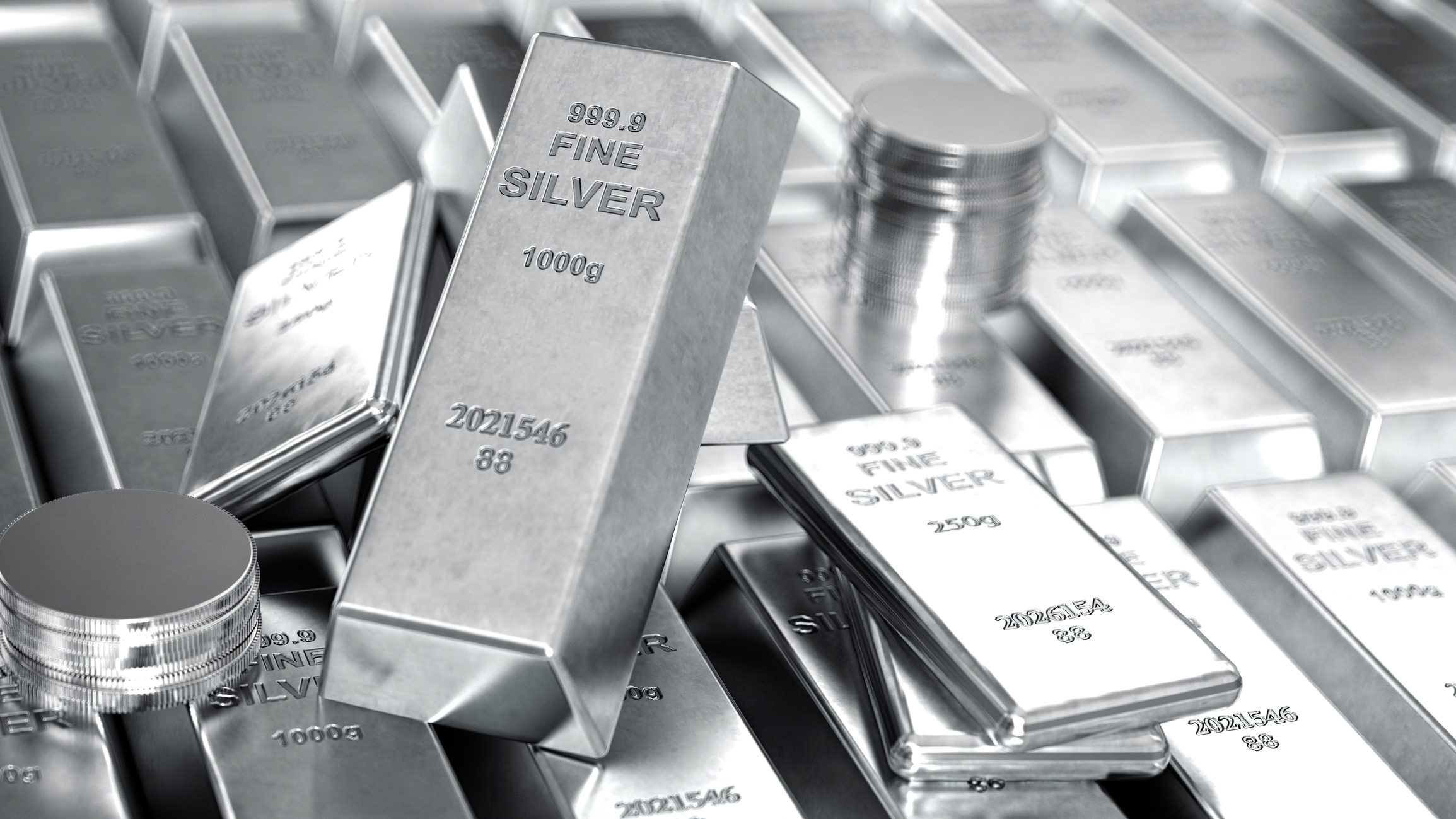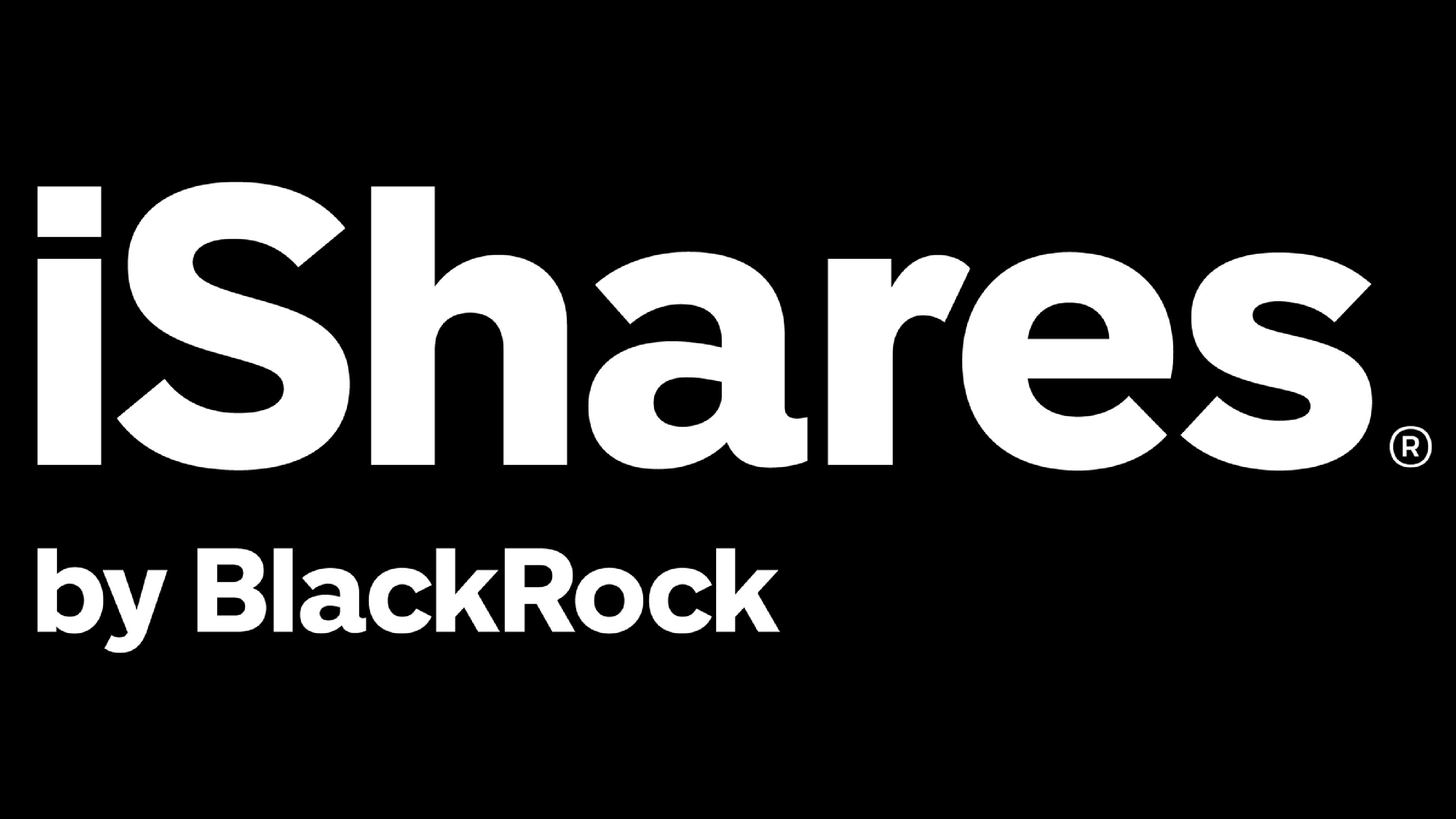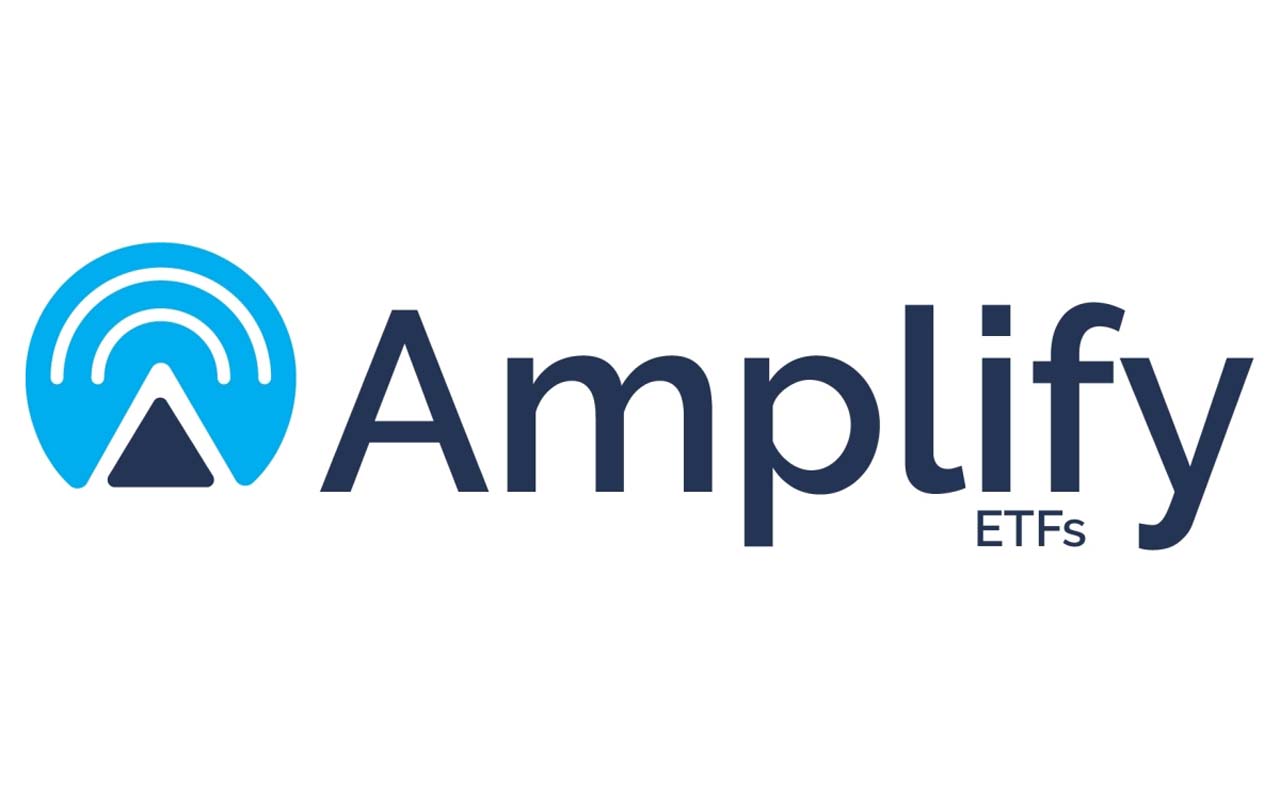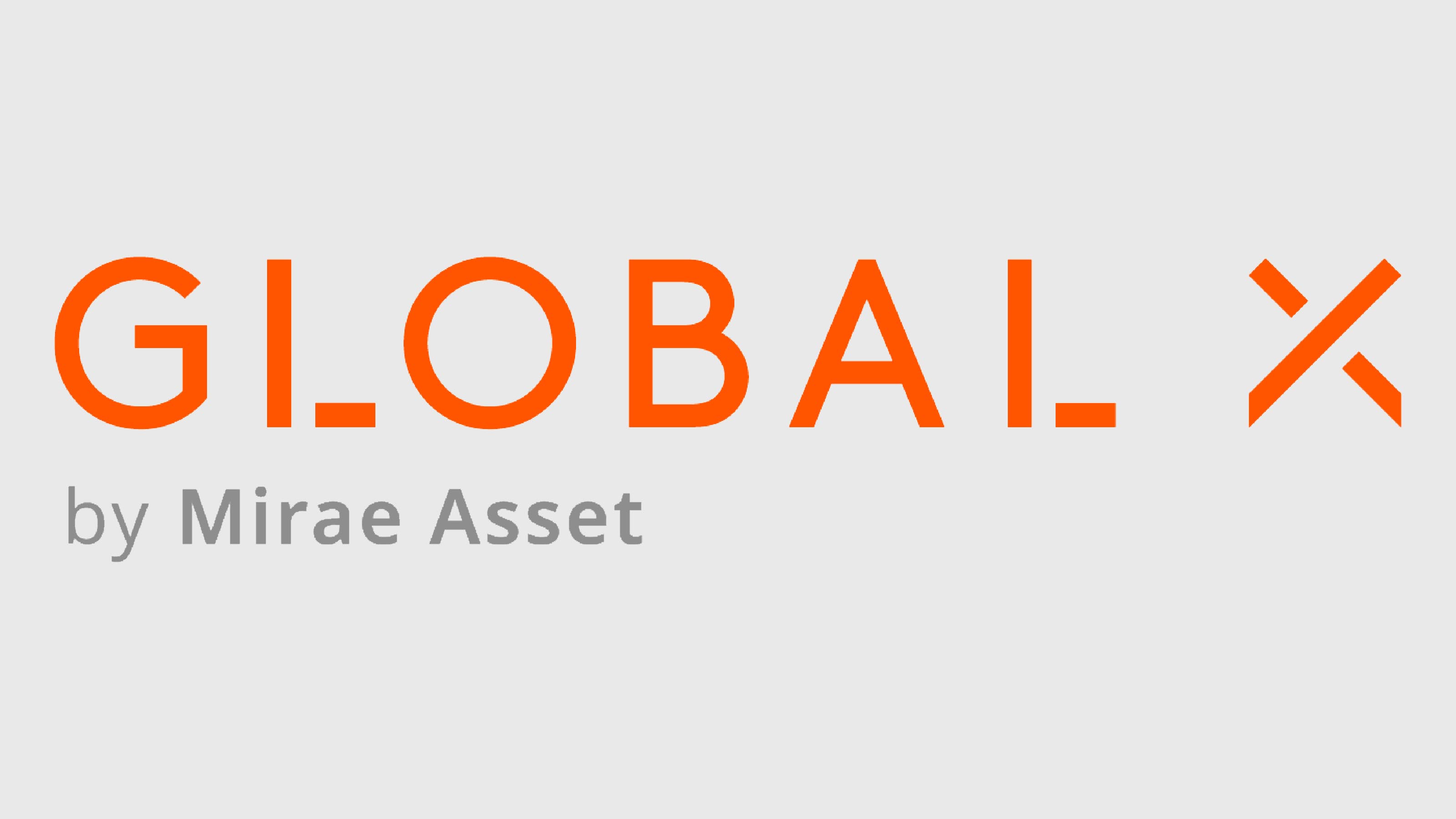5 Silver ETFs to Buy Now
Often called gold's "crazy cousin" because of its volatility, the best silver ETFs offer efficient exposure to upside price action for the precious metal.

David Dittman
Profit and prosper with the best of Kiplinger's advice on investing, taxes, retirement, personal finance and much more. Delivered daily. Enter your email in the box and click Sign Me Up.
You are now subscribed
Your newsletter sign-up was successful
Want to add more newsletters?

Delivered daily
Kiplinger Today
Profit and prosper with the best of Kiplinger's advice on investing, taxes, retirement, personal finance and much more delivered daily. Smart money moves start here.

Sent five days a week
Kiplinger A Step Ahead
Get practical help to make better financial decisions in your everyday life, from spending to savings on top deals.

Delivered daily
Kiplinger Closing Bell
Get today's biggest financial and investing headlines delivered to your inbox every day the U.S. stock market is open.

Sent twice a week
Kiplinger Adviser Intel
Financial pros across the country share best practices and fresh tactics to preserve and grow your wealth.

Delivered weekly
Kiplinger Tax Tips
Trim your federal and state tax bills with practical tax-planning and tax-cutting strategies.

Sent twice a week
Kiplinger Retirement Tips
Your twice-a-week guide to planning and enjoying a financially secure and richly rewarding retirement

Sent bimonthly.
Kiplinger Adviser Angle
Insights for advisers, wealth managers and other financial professionals.

Sent twice a week
Kiplinger Investing Weekly
Your twice-a-week roundup of promising stocks, funds, companies and industries you should consider, ones you should avoid, and why.

Sent weekly for six weeks
Kiplinger Invest for Retirement
Your step-by-step six-part series on how to invest for retirement, from devising a successful strategy to exactly which investments to choose.

Silver comes before gold only in songs and for servingware. When silver breaks through the public consciousness, it's usually because of crazy situations like the Hunt brothers trying to corner the market in late 1979 and early 1980.
It's the stuff of legend, movies and a little utility. But you can put this precious metal to effective use in your portfolio. And you can get efficient exposure to gold's "crazy cousin" through the best silver ETFs.
Indeed, as the Silver Institute notes, last year the metal posted its strongest annual performance since 1979. The silver price then hit multiple new highs during the first month of 2026 and broke above the psychologically significant $100-per-ounce barrier for the first time ever on January 23.
That pushed the gold-to-silver price ratio below 50 for the first time since 2012. "Silver then declined below $80.00 but has since shown resilience, forming technical price support," according to the Silver Institute.
There remains plenty of wind beneath the wings of silver exchange-traded funds. And you'd be wise to track its potential for outperformance.

Even if it's just a small allocation for the speculative part of your portfolio, silver deserves more than a passing thought.
"While gold tends to get the most attention, silver, along with platinum and palladium, is also an important piece of a precious metals portfolio," says Charles Sizemore, principal of Sizemore Capital Management.
"While silver also has more industrial uses, and is thus somewhat sensitive to the economic cycle," Sizemore notes, "it has also been a viable inflation hedge over time."
Continuing tailwinds should lift silver higher in the near term.
"The underlying drivers that supported silver throughout much of 2025 have remained firmly in place so far this year," the Silver Institute writes, citing tight physical supply, a volatile geopolitical backdrop, U.S. policy uncertainty and concerns about Federal Reserve independence.
"In addition," the institute concludes, "silver’s underlying supply-demand fundamentals remain supportive. The silver market is expected to remain in deficit (total supply less demand) for a sixth consecutive year in 2026."
What are the best ETFs for silver?
Though the pool for silver funds is relatively small, we were able to identify the best ETFs to buy that gave different degrees and types of exposure to the trend.
These picks include funds that own physical silver as well as funds that invest in mining stocks.
If you're feeling bullish on gold's crazy cousin, here are five of the best silver ETFs to buy.

iShares Silver Trust
- Assets under management: $37.9 billion
- Expenses: 0.50%, or $50 annually for every $10,000 invested
For most investors, ETFs are a much better way to play gold, silver and other precious metals than actually owning the metal itself.
Rather than find someone to buy bars or bullion from, then arrange delivery, then find somewhere safe to store the metal, then deal with the difficulty of finding a buyer when you're ready to unload it, ETFs such as SLV allow you to buy and sell silver with the click of a button in your brokerage account.
Apart from being heavy and difficult to store, physical silver can also trade at a large premium to spot prices. Thus, for exposure to silver, "you might be better off buying an ETF or even playing the futures market," Sizemore says.
That includes silver ETFs such as the iShares Silver Trust (SLV). SLV is the largest fund of its kind and arguably one of the best silver ETFs to publicly trade the precious metal.
The fund, which launched in 2006, currently holds about 500 million ounces of physical silver in its vaults, located in England and the U.S. Thus, SLV shares are a physically backed representation of the price of silver.
This method does share one downside with holding physical metals, which is that commodity ETFs backed by physical metals are also treated like collectibles from a tax perspective. In other words, if you hold for more than a year, you still don't enjoy the advantaged long-term capital gains rate, which tops out at 20%.
Instead, you pay a collectibles capital gains rate, which is capped at 28%. Thus, tax-advantaged accounts such as IRAs are the best way to hold these kinds of funds.
Regardless, unless you're truly worried about an apocalyptic scenario, SLV and other silver ETFs will do just fine for most investors.

Amplify Junior Silver Miners ETF
- Assets under management: $5.2 billion
- Expenses: 0.69%
Another way to squeeze more juice out of silver ore is through so-called junior miners. Traditional miners are exactly what you imagine: teams of people and machinery built to extract silver ore from the earth.
But how do they know where to dig? Junior silver miners help point production companies in the right direction.
They're tasked with discovering silver deposits, determining how rich their resources are, and sometimes helping get mines up and running. But their involvement typically ends there.
It's a high-risk, high-reward business, and that's reflected in the boom-or-bust movement of their shares.
The Amplify Junior Silver Miners ETF (SILJ) calls itself "the first and only ETF to target small cap silver miners." And it does target small-cap stocks in the space. But it also invests heavily in traditional silver miners such as top holdings First Majestic Silver (AG) and Hecla Mining (HL).
SILJ's modified free float market-cap weighting makes it so these types of miners carry a lot of heft in the fund, but it does hold some smaller players such as Vizsla Silver (VZLA).

Global X Silver Miners ETF
- Assets under management: $6.4 billion
- Expenses: 0.65%
Global X Silver Miners ETF (SIL) is similar to SILJ. Rather than investing in the metal itself, SIL invests in the companies that pull silver out of the ground.
Here's what you need to know about mining stocks: These companies extract ore and process it – and if they can do that at a lower price than what they sell that metal for, they produce a profit.
So, if you own silver mining stocks that have low production costs while silver prices are increasing, you're typically in a good place.
The Global X Silver Miners ETF has been kicking around for more than a decade now and holds 39 companies involved in mining – some are actual miners, while others hold royalty or streaming interests in mining operations.
Top holding Wheaton Precious Metals (WPM, 21.9% of assets), for instance, currently boasts streaming agreements for 23 operating mines and 25 development-stage projects. (Just note that like some of SIL's other holdings, WPM has exposure to gold stocks, too, so it's not perfect silver-mining exposure.)
Mining ETFs tend to be pretty top-heavy, and SIL is no exception; more than half of its assets are concentrated in the fund's top five holdings, including its massive overweight in Wheaton.
One last thing to note: Silver miners tend to be "jumpier" than silver itself, so when the metal moves, SIL often moves more aggressively in the same direction.
SIL receives a Negative rating at Morningstar. While the financial services firm applauds the fund's low cost, it believes the fund manager "could do more to retain its portfolio managers," which average just "five years at this fund."
Still, for investors who want broad exposure to mining stocks, SIL is worth a closer look.

Abrdn Physical Silver Shares ETF
- Assets under management: $5.6 billion
- Expenses: 0.30%
If you want the oldest and largest silver ETF, SLV is your fund. But you'll have to look somewhere else for the cheapest way to buy the metal.
Abrdn Physical Silver Shares ETF (SIVR) is another physically backed silver ETF. But this one is significantly less expensive than SLV – fees are 20 basis points (a basis point is one one-hundredth of a percentage point) lower than iShares' offering.
There's scant difference between SIVR and SLV. Both are backed by physical silver, though in Abrdn's case, all the metal – in the form of silver bullion bars – is held in London vaults. SIVR shares represent an interest in that silver, minus the fund's expenses.
And because the two silver ETFs track the same metal pretty closely, their charts tend to look almost identical – though SIVR has performed marginally better over time thanks to its lower expenses.
So why does SLV hold so much more in assets than SIVR? Part of it is iShares' first-mover advantage; SIVR launched three years after SLV. But SLV is also a much more liquid fund, averaging more than 100 million shares traded daily vs about 5 million for SIVR.
While Abrdn's fund has decent enough liquidity for buy-and-holders, SLV's superior liquidity is much more attractive to agile traders looking to get precise entry and exit prices from the best silver ETFs.

iShares MSCI Global Silver and Metals Miners ETF
- Assets under management: $1.2 billion
- Expenses: 0.39%
The iShares MSCI Global Silver Miners ETF (SLVP) is on this list of the best silver ETFs because it offers a somewhat different and less expensive option for investors interested in silver mining companies.
Like SIL, SLVP does have some interest in companies that mine not just silver but also gold and other metals. However, the fund's tracking index starts each rebalancing by targeting companies that primarily mine silver then seeks out companies with gold and other metal interests.
On its end, SLVP limits the weight of large- and mid-cap gold companies to 5% of their market cap, caps all issuer weights at 25%, and ensures all issuers with weights above 5% don't combine to exceed 50% of the fund's entire weight.
The result is a fund that holds roughly 30 stocks, with Hecla Mining at 15.2% and Mexico's Industrias Peñoles (IPOAF) at 12.1% the top allocations. Some gold-focused miners, including Agnico Eagle Mines (AEM), have floated to near 5% of holdings at times thanks to their price gains. Wheaton Precious Metals is an SLVP holding, too, but accounts for less than 5% of assets.
This iShares ETF still offers imperfect silver-mining exposure. But it is 26 basis points cheaper than Global X's fund, if you value low expenses above all else.
Learn more about SLVP at the iShares provider site.
Related content
Profit and prosper with the best of Kiplinger's advice on investing, taxes, retirement, personal finance and much more. Delivered daily. Enter your email in the box and click Sign Me Up.
Kyle Woodley is the Editor-in-Chief of WealthUp, a site dedicated to improving the personal finances and financial literacy of people of all ages. He also writes the weekly The Weekend Tea newsletter, which covers both news and analysis about spending, saving, investing, the economy and more.
Kyle was previously the Senior Investing Editor for Kiplinger.com, and the Managing Editor for InvestorPlace.com before that. His work has appeared in several outlets, including Yahoo! Finance, MSN Money, Barchart, The Globe & Mail and the Nasdaq. He also has appeared as a guest on Fox Business Network and Money Radio, among other shows and podcasts, and he has been quoted in several outlets, including MarketWatch, Vice and Univision. He is a proud graduate of The Ohio State University, where he earned a BA in journalism.
You can check out his thoughts on the markets (and more) at @KyleWoodley.
- David DittmanInvesting Editor
-
 Over 65? Here's What the New $6K Senior Tax Deduction Means for Medicare IRMAA
Over 65? Here's What the New $6K Senior Tax Deduction Means for Medicare IRMAATax Breaks A new tax deduction for people over age 65 has some thinking about Medicare premiums and MAGI strategy.
-
 U.S. Congress to End Emergency Tax Bill Over $6,000 Senior Deduction and Tip, Overtime Tax Breaks in D.C.
U.S. Congress to End Emergency Tax Bill Over $6,000 Senior Deduction and Tip, Overtime Tax Breaks in D.C.Tax Law Here's how taxpayers can amend their already-filed income tax returns amid a potentially looming legal battle on Capitol Hill.
-
 5 Investing Rules You Can Steal From Millennials
5 Investing Rules You Can Steal From MillennialsMillennials are reshaping the investing landscape. See how the tech-savvy generation is approaching capital markets – and the strategies you can take from them.
-
 5 Investing Rules You Can Steal From Millennials
5 Investing Rules You Can Steal From MillennialsMillennials are reshaping the investing landscape. See how the tech-savvy generation is approaching capital markets – and the strategies you can take from them.
-
 When Estate Plans Don't Include Tax Plans, All Bets Are Off: 2 Financial Advisers Explain Why
When Estate Plans Don't Include Tax Plans, All Bets Are Off: 2 Financial Advisers Explain WhyEstate plans aren't as effective as they can be if tax plans are considered separately. Here's what you stand to gain when the two strategies are aligned.
-
 Counting on Real Estate to Fund Your Retirement? Avoid These 3 Costly Mistakes
Counting on Real Estate to Fund Your Retirement? Avoid These 3 Costly MistakesThe keys to successful real estate planning for retirees: Stop thinking of property income as a reliable paycheck, start planning for tax consequences and structure your assets early to maintain flexibility.
-
 I'm a Financial Planner: These Small Money Habits Stick (and Now Is the Perfect Time to Adopt Them)
I'm a Financial Planner: These Small Money Habits Stick (and Now Is the Perfect Time to Adopt Them)February gets a bad rap for being the month when resolutions fade — in fact, it's the perfect time to reset and focus on small changes that actually pay off.
-
 Nasdaq Leads a Rocky Risk-On Rally: Stock Market Today
Nasdaq Leads a Rocky Risk-On Rally: Stock Market TodayAnother worrying bout of late-session weakness couldn't take down the main equity indexes on Wednesday.
-
 5 Top Tax-Efficient Mutual Funds for Smarter Investing
5 Top Tax-Efficient Mutual Funds for Smarter InvestingMutual funds are many things, but "tax-friendly" usually isn't one of them. These are the exceptions.
-
 Why Invest In Mutual Funds When ETFs Exist?
Why Invest In Mutual Funds When ETFs Exist?Exchange-traded funds are cheaper, more tax-efficient and more flexible. But don't put mutual funds out to pasture quite yet.
-
 Social Security Break-Even Math Is Helpful, But Don't Let It Dictate When You'll File
Social Security Break-Even Math Is Helpful, But Don't Let It Dictate When You'll FileYour Social Security break-even age tells you how long you'd need to live for delaying to pay off, but shouldn't be the sole basis for deciding when to claim.

